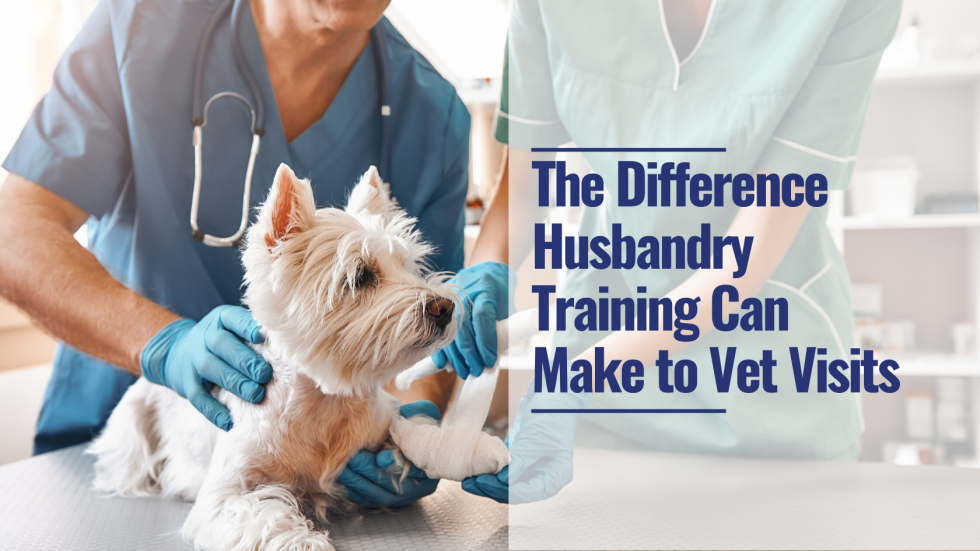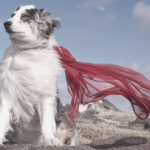I’ve never forgotten the time we took my late dog Bodger to the vet for a paw injury. We had recently adopted him, aged 2 and a half, and to say he had body handling issues was an understatement. If we looked at him he would growl out of fear that we might touch him, so we were careful not to do either (unless he voluntarily came to be petted, which gradually happened more and more). The day he got injured, he tried to bite my husband at the vet and, after we were asked to leave the room, four people had to sit on him so the vet could look at his paw.
It took a lot of hard work to make a difference – training, short vet visits in which nothing happened but treats, ad-hoc counter-conditioning when real vet visits occurred, and a special training plan from Jean Donaldson to help me through the giving-a-pill part of an assignment for The Academy for Dog Trainers. It was a pretend pill made of cheese, and many little pieces of cheese were eaten by Bodger in the course of that training. It was all worth it.
As Bodger became more relaxed at the vet, vet visits were easier on him and us.
Bodger was a special case, but certainly not the only dog to be afraid at the vet. There can be many reasons for this kind of fear (Edwards et al 2019a, 2019b). There seems to be a genetic component, as breed group plays a role, and smaller dogs are more likely to be afraid of the vet (but smaller dogs are also treated differently). Early experiences matter. Lack of socialization could be a component – a great reason to do positive, fun, body handling exercises with puppies. And of course, one bad experience at the vet can make future vet visits scary as the dog learns to associate the vet with negative things.
The good news is that training dogs to like being handled and going to the vet – called husbandry training – can make a big difference. In one study, a 4-week training program based on both operant and classical conditioning led to reduced levels of fear in a mock vet exam, according to the dog’s guardians. This occurred even though the program was not fully completed by all participants (Stellato et al 2019). Although more research is needed, it seems that training dogs to cope with vet visits can make a big difference.
Last year, Petra Edwards (University of Adelaide) told me, “Continuing to improve dog welfare in the veterinary context can be the responsibility of the guardian (dog owner) and vet team alike.” One thing dog guardians can do is to work with their dog on getting used to being at the vet and to being handled in the kinds of ways vets need to handle dogs. Some of this handling is routine and happens at many vet visits, such as the stethoscope being used to listen to the dog’s heart and lungs, or the vet taking a look at the dog’s teeth. Some of this handling is not routine and only happens when specialist tests or treatment is required.
That’s why I’m so excited about The Husbandry Project. It will give people – dog guardians, trainers, and vets – a set of training plans that have already been tested on many dogs of all kinds of breeds and backgrounds.
If you don’t have a lot of time, you could just work through the ones most likely to be useful to your dog. But if you do have a lot of time – perhaps if you’re stuck at home a lot in the pandemic – you could gradually work through them all. The whole process will hopefully be fun for you and your dog.
I’ve never been so grateful for husbandry training as the day when Bodger, who was having chemotherapy at the time, needed anti-nausea medication. Our normal strategy of hiding pills in pieces of cheese, chicken, or salami, was not going to work. We were able to give him the pills at home. This would not have been possible without working through those plans years earlier, and a very poorly dog would have needed an extra trip to the vet. So I’m very grateful to Jean for the help with Bodger’s training, and I’ve seen first-hand the difference husbandry training can make.
Many people delay going to the vet because their dog hates it or they find it too stressful (Volk et al 2011). It would be great to see more people do husbandry training with their dog, and more dog trainers offering this as a service. The training plans from the Husbandry Project help make this possible.
Happy vet visits should be for every dog.
Zazie Todd, PhD, is the author of Wag: The Science of Making Your Dog Happy, and the creator of the Companion Animal Psychology website about how to have happy cats and dogs (thanks to science). She lives in Maple Ridge, BC, with her husband and two cats.
References
-Edwards, P. T., Hazel, S. J., Browne, M., Serpell, J. A., McArthur, M. L., & Smith, B. P. (2019). Investigating risk factors that predict a dog’s fear during veterinary consultations. PloS one, 14(7).
-Edwards, P. T., Smith, B. P., McArthur, M. L., & Hazel, S. J. (2019). Fearful fido: Investigating dog experience in the veterinary context in an effort to reduce distress. Applied animal behaviour science.
-Stellato, A., Jajou, S., Dewey, C. E., Widowski, T. M., & Niel, L. (2019). Effect of a Standardized Four-Week Desensitization and Counter-Conditioning Training Program on Pre-Existing Veterinary Fear in Companion Dogs. Animals, 9(10), 767.
-Volk, J. O., Felsted, K. E., Thomas, J. G., & Siren, C. W. (2011). Executive summary of the Bayer veterinary care usage study. Journal of the American Veterinary Medical Association, 238(10), 1275-1282.











